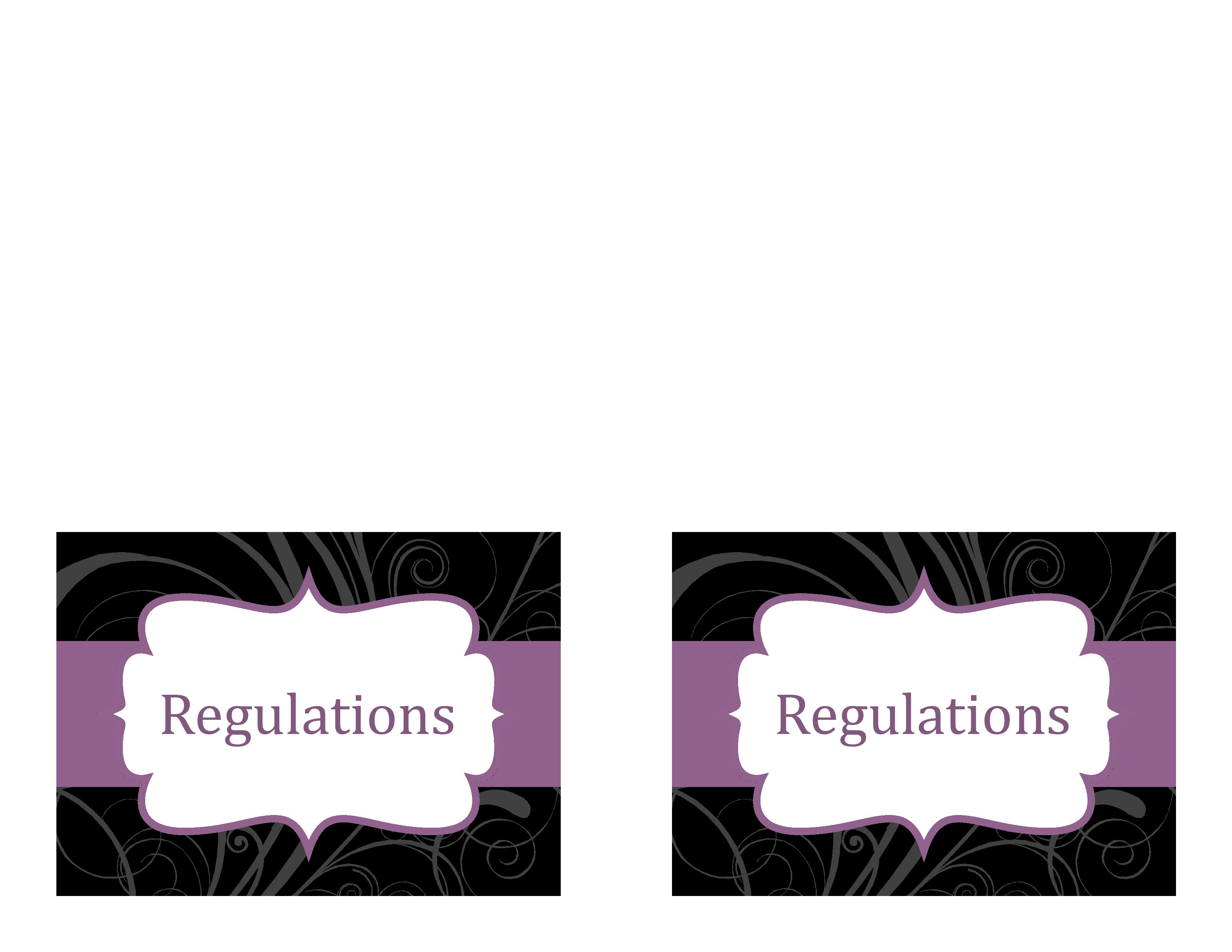Frequently Asked Questions
This process requires professional guidance. CMSA and DSE regulations require any issuer to appoint a broker to sponsor any new issue or listing. The sponsoring broker will assist you on the requirements depending on several factors like are company shares already in public hands like CRDB Bank Ltd, NICO, Dar es Salaam Community Bank, TCClA Investment Company Ltd or new issue; is listing anticipated on the Main Investments Market Segment (MIMS) or Entrepreneurship Growth Market (EGM), etc. The best approach to get detailed information is to contact a Licensed Dealing Member of the DSE.
No, normally listed companies do not have arrangements to lend to shareholders against their shares. If you want cash two options are available. One is to approach a lending institution and apply for a loan, in which case you will generally be able to use your shares as collateral; or to sell your shares, in which case you should contact a DSE broker / dealer.
The most suitable place for you to contact in case you want to know how to invest in shares is to contact any DSE broker. DSE brokers will advise you and in case you decide to invest they will execute a transaction on your behalf. Another alternative is to contact investment advisors who are licensed by the CMSA Investment advisors who are not brokers can only advise but cannot execute transactions. The most appropriate place / office for you to report any suspicious transaction is CMSA is charged with an overall responsibility of overseeing the market to ensure transactions are done in an orderly manner. Also such transactions can be reported at the DSE as the exchange is a self-regulated organization that has a set of rules and a disciplinary mechanism applicable to its members.
No, risk moves with ownership, Share price can go up (which is good for you) and can go down (which is not good for you), Such uncertainty (risk) is there from the day you decide to invest in shares, In case you loose your share certificate, the advice is to report it to the nearest police station to obtain a police report to be submitted to the company secretary immediately.
Yes, financial institutions in Tanzania are increasingly accepting shares, particularly of listed companies, as collateral for loans, The Central Depository System based process to mortgage shares has proved beneficial to both lenders and borrowers as it is not time consuming, it is transparent. no valuation costs are incurred and the chances for forgery are very limited, Treasury bonds, Treasury bills and listed corporate bonds are equally acceptable to most of lending institutions as collaterals.
No, a shareholder has no direct control over the company's assets and liabilities, Her/his rights of "control" are limited to voting during general meetings to appoint directors according to the Memorandum and Articles of Association (MEMART) which is the constitution of the company, appointment of auditors, approving annual report and approving proposals that require shareholders' approval according to the MEMART Assets of the company are owned by the company, which is an independent legal entity from the shareholders, Likewise, liabilities of the company limited by share capital are the company's liabilities, and are independent from the shareholders.
This is the practice internationally. Shareholders' worth is reflected in share value. Shareholders therefore, when attending an Annual General Meeting (AGM) or an Extraordinary General Meeting (EGM), exercise their rights to supervise the Board of Directors by approving or not approving proposals from the Board. Shareholders therefore do attend such meetings to safeguard their interest in the company. Paying shareholders who do attend AGMs/ EGMs would mean that the company has to increase expenses and reduce profits attributable to shareholders. Though, some companies may have a different arrangement which may appear unique. For example, CRDB Bank Ltd has a unique structure under which each branch of the company appoint Representatives to attend the AGM and all costs are borne by the company itself.
Securities, including shares and units, are assets like any other asset (house, plot, car), which are transferable and inheritable. Dependants of a deceased person are entitled to inherit securities owned by the deceased according to the Will or the governing law.




